These inspirational and controversial Olympic moments have left the deepest impressions on the world—and the Games themselves.
14 Olympic Moments That Changed History
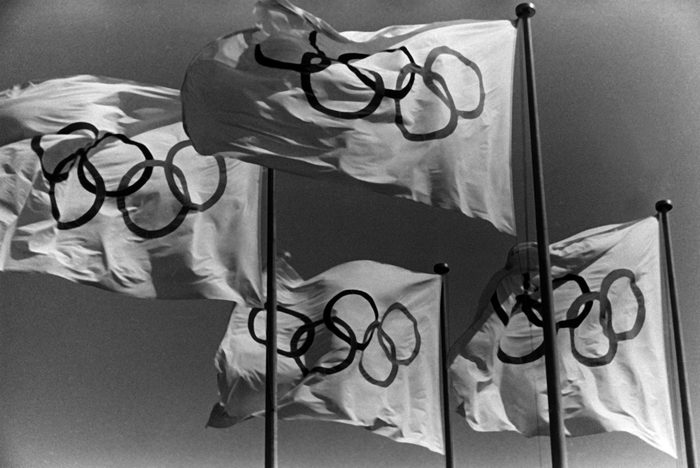
Historic moments from the Olympics
The Olympics are a time for all of us to come together and admire the Olympic rings, celebrate athletic achievements, and root for our country with the hope it’ll take home medals. Yet the Games aren’t immune to international conflict and controversy, nor worldwide crises. From boycotts, protests, and postponements to showstopping and record-breaking triumphs, these are the moments that shook the Olympics while the world was watching.
Also, our readers share their sports stories, from the highlights that won trophies to the bloopers that won hearts.
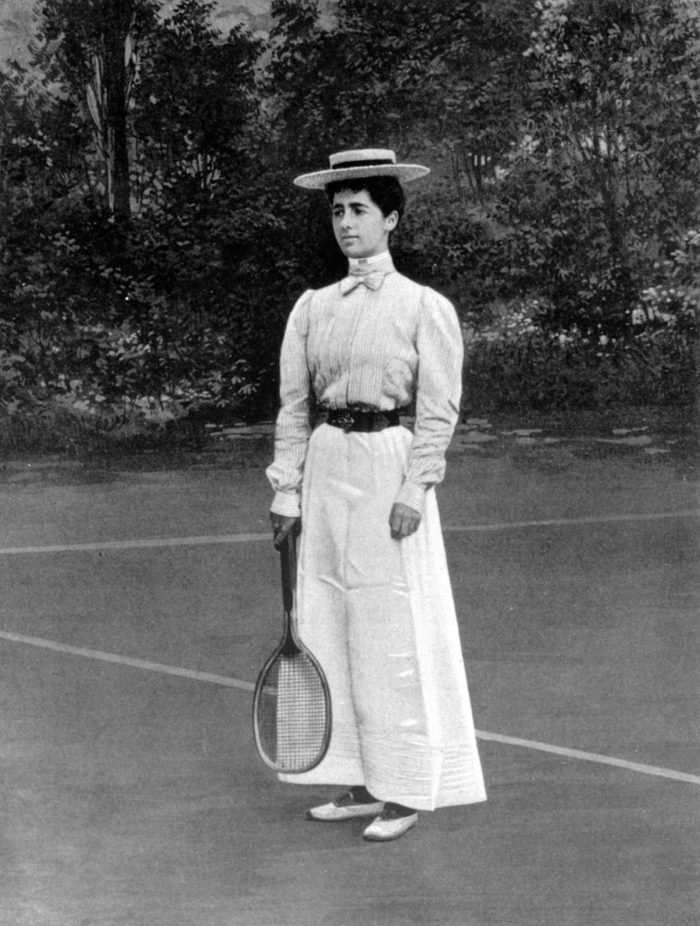
Paris, 1900: The first female athletes participate
The 1900 Olympics were a huge first for women. Female athletes weren’t allowed to compete in the Olympics until the Paris Games, when their participation in lawn tennis and golf events secured a position for women in the future. The London 2012 Olympics signified a new gender milestone with the debut of Women’s Boxing, and it was the first Olympic Games in history with female athletes from every competing country.
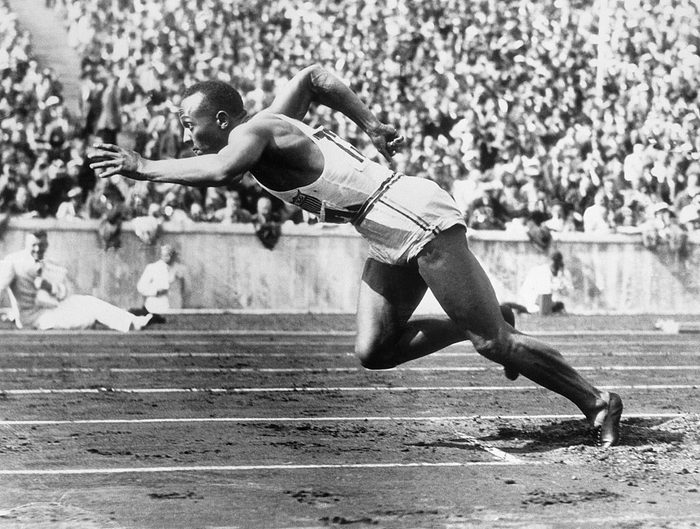
Berlin, 1936: Jesse Owens breaks records
Black athlete Jesse Owens broke records and won several gold medals, shattering Hitler’s aim to use the 1936 Games as an example of the “new Aryan man.” Owens later befriended his German competitor in the long jump, Carl Ludwig “Luz” Long, and the pair’s lap of honor became a symbol of the triumph of sportsmanship over Nazi ideology. Read Owens’s story and watch rare footage of him at the Games.
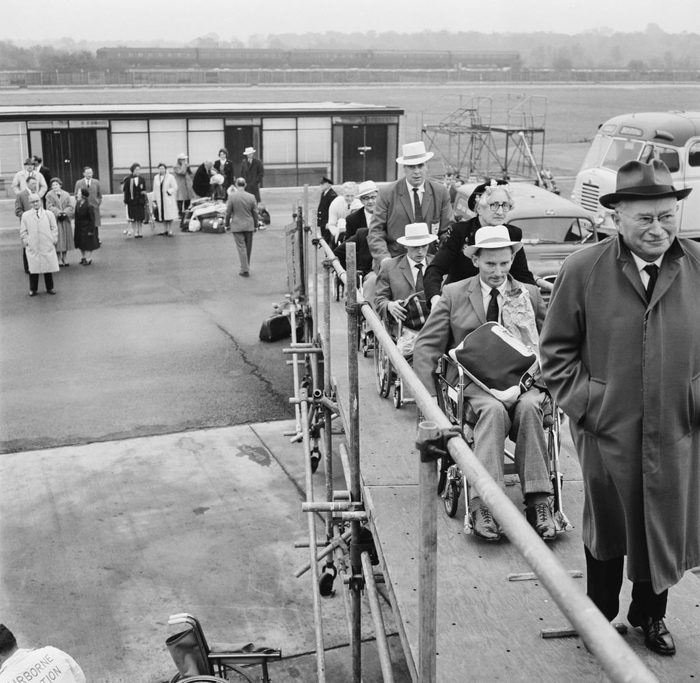
London, 1948: Athletes first compete in wheelchairs
The 1948 London Games marked a milestone for athletes who use wheelchairs. English doctor Ludwig Guttmann founded the International Wheelchair Games to help rehabilitate wounded veterans of World War II. Using sports therapy, he invited wheelchair-using athletes to compete, and the event eventually became the modern Paralympic Games.
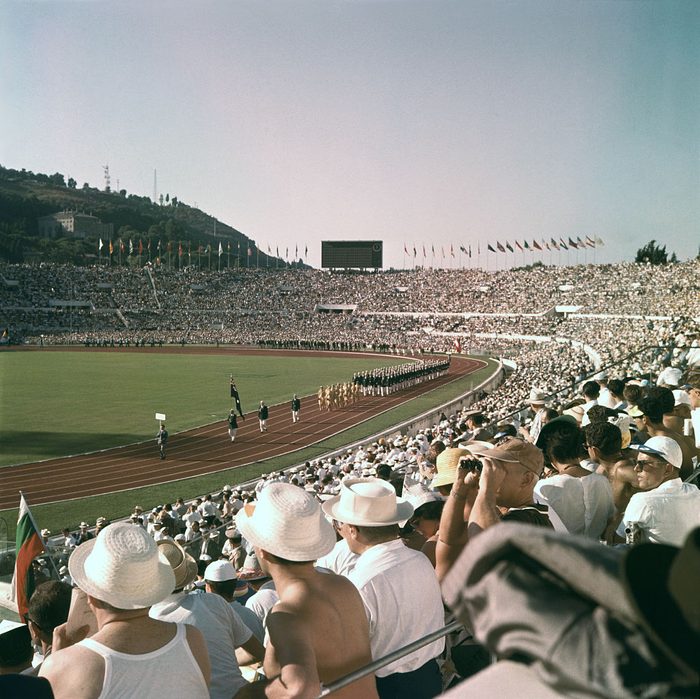
Rome, 1960: The Games are televised
As the first Olympics to be televised and to include a brand endorsement by an athlete, the Rome Games ushered in a new era of commercialism and changed the way the world viewed its Olympians. The Games also spotlighted a negative side of the competition: The first doping scandal revealed how far some athletes would go to win the gold.

Mexico City, 1968: Athletes participate in a civil rights protest
At the height of the civil rights movement in the United States, Black American athletes were encouraged to boycott the Games. Instead, African American sprinters John Carlos (right) and Tommie Smith (left) staged a nonviolent protest by raising their fists in a Black Power salute while the national anthem played during their medal ceremony. Although they were consequently suspended from the Olympic Village, their silent demonstration brought the American battle over civil rights to the international stage.
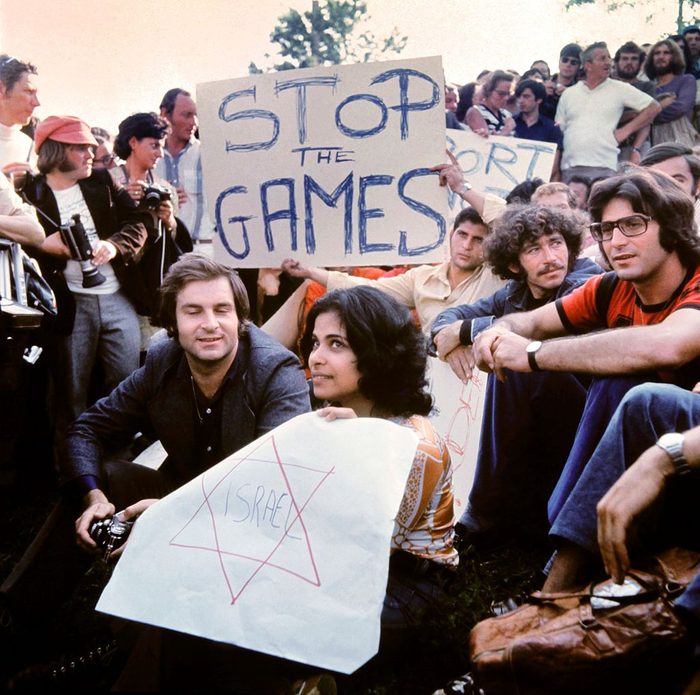
Munich, 1972: Terror overshadows peace
Tragedy infamously marred the Munich Games when 11 Israeli athletes were taken hostage and killed by Palestinian terrorists. Although the Olympics continued and the incident led to increased security, the message of international peace promoted by the Games was permanently damaged.
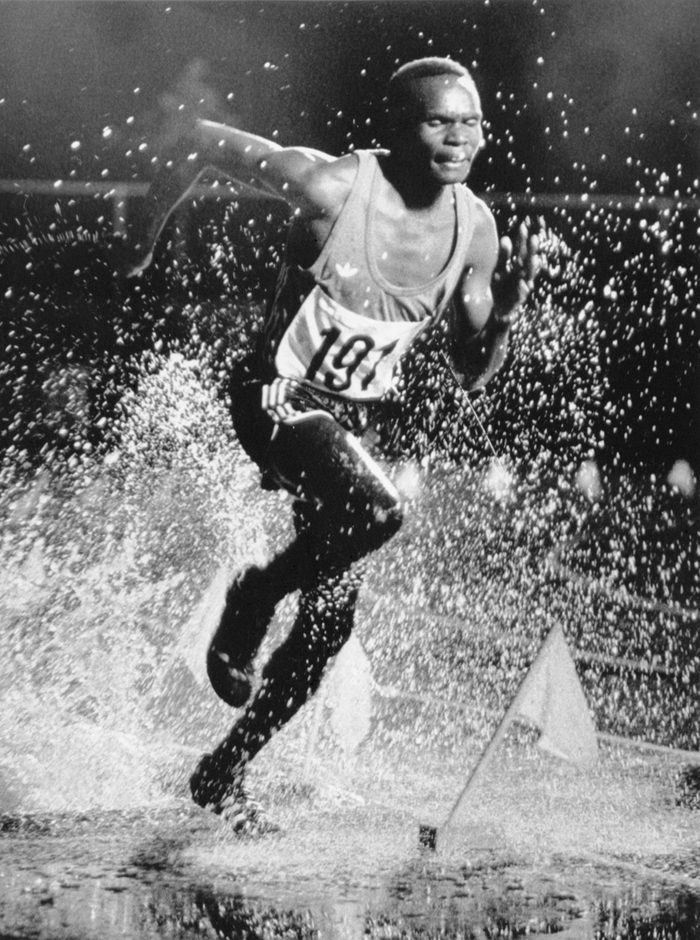
Montreal, 1976: African nations boycott the Games
Human rights were at the forefront of the Montreal Games after 22 African nations boycotted the Olympics because New Zealand was participating. Earlier that year, New Zealand had sparked outrage among African countries when it sent its national rugby team to play in South Africa, which was under apartheid. This marked the first of several politically motivated boycotts of the Olympics.

Moscow, 1980: The United States boycotts and hosts alternate games
With the Cold War ongoing, President Jimmy Carter urged U.S. allies to pull their Olympic teams from the Games to protest the Soviet invasion of Afghanistan. The United States did not participate in the Olympics that summer but instead hosted the Liberty Bell Classic in Philadelphia as an alternative competition for athletes of countries supporting the boycott.
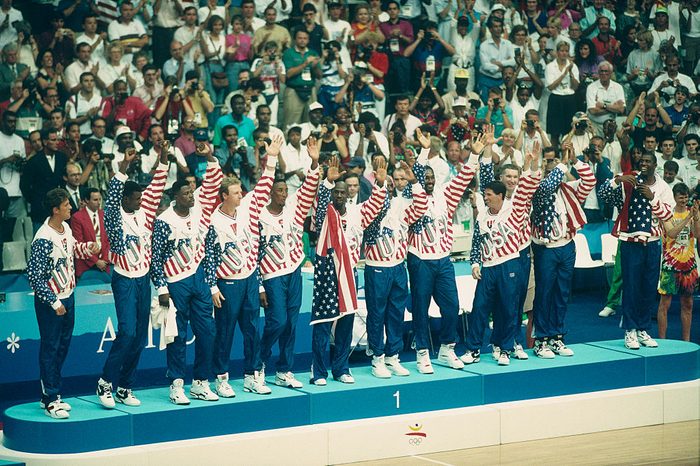
Barcelona, 1992: The pros play in the Olympics
The 1992 U.S. Men’s Olympic basketball team was nicknamed the Dream Team for a reason: It featured an impressive lineup of the biggest names in basketball, including Michael Jordan, Charles Barkley, and Patrick Ewing. It was the first time active NBA players were recruited for an Olympic team. The Dream Team crushed the competition as it made its way toward the final (winning all eight games) and ultimately defeated Croatia to bring home the gold medal. Even today, the Dream Team is widely celebrated as the greatest team ever assembled in any sport.
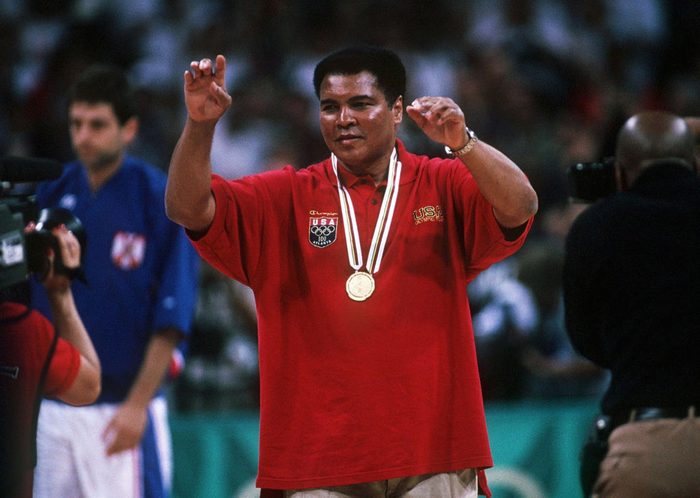
Atlanta, 1996: The Games turn 100 with Muhammad Ali
Despite his struggles with Parkinson’s disease, former heavyweight boxing champion and Olympic gold medalist Muhammad Ali lit the Olympic flame during the opening ceremony of the 1996 Atlanta Games. It was an emotional start to the Olympics’ centennial.
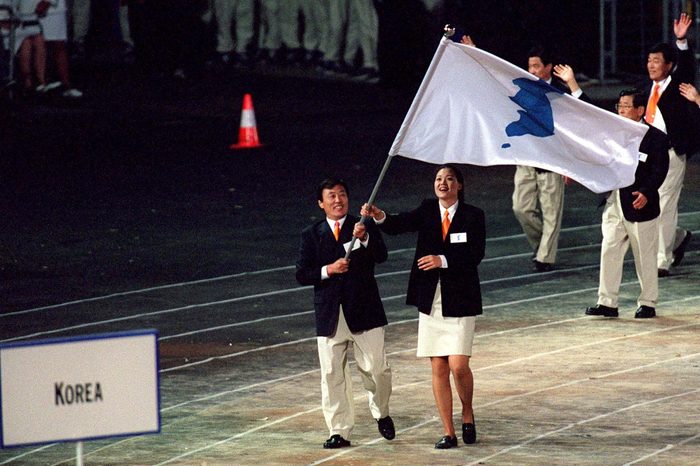
Sydney, 2000: North and South Korea briefly unite
In a short-lived moment of alliance, North and South Korea marched together for the first time in Sydney’s opening ceremony. Rather than carry their respective national flags, the North and South Korean teams (in identical uniforms) joined hands and waved a unification flag featuring a blue map of Korea.
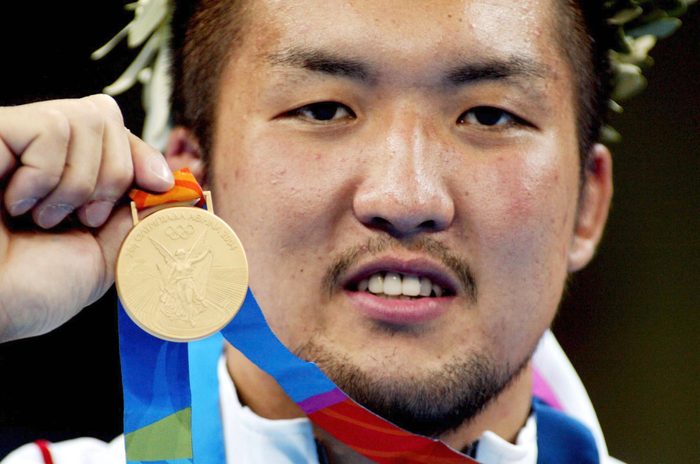
Athens, 2004: The medal design is corrected
A new medal was distributed to winners at the Athens Games, replacing the long-standing design by Italian sculptor Giuseppe Cassioli that incorrectly depicted the Roman Colosseum rather than a Greek venue. Olympic medals now feature the Panathenaic Stadium in Athens, one of the world’s oldest stadiums and the site of the first modern Olympic Games in 1896.
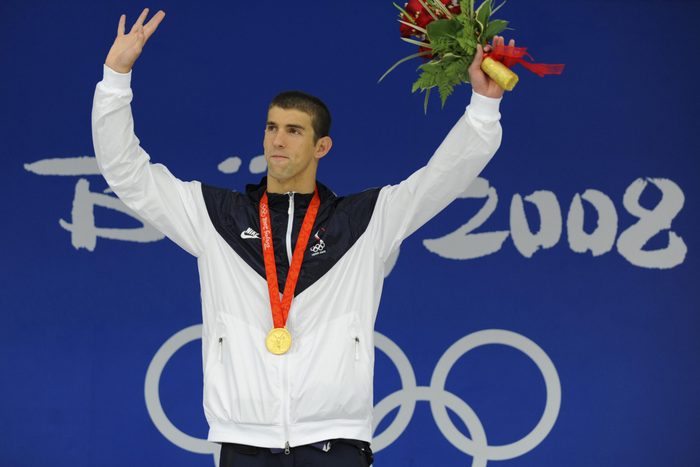
Beijing, 2008: Michael Phelps takes home the most gold ever
During the Beijing Games, champion American swimmer Michael Phelps and his teammates set a new world record in the medley relay event. Phelps was awarded his eighth gold medal (the most won in a single Olympic Games), which pushed his medal count over that of his record-holding predecessor, Mark Spitz. Upon winning his eighth medal, Phelps had nothing but humble words for his audience: “Records are meant to be broken no matter what they are.”
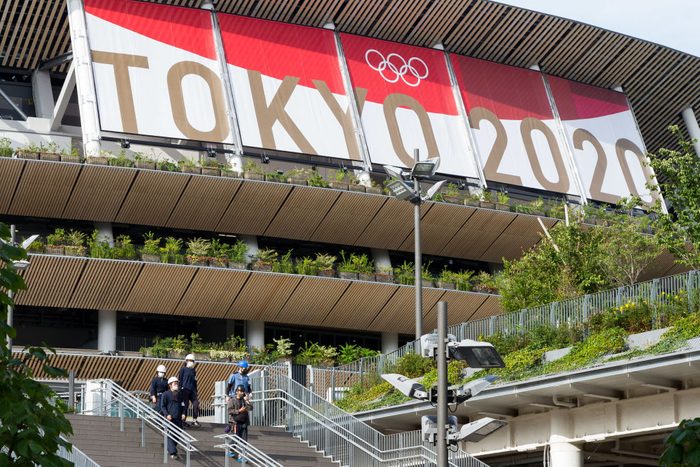
Tokyo, 2020: COVID-19 delays the 2020 Games
On March 24, 2020, Japan’s then Prime Minister Shinzo Abe announced the postponement of the Games amid the COVID-19 pandemic. Though the Games weren’t outright canceled—that hasn’t happened since 1944—they were delayed until summer 2021 but were still officially called the 2020 Tokyo Olympics.



















